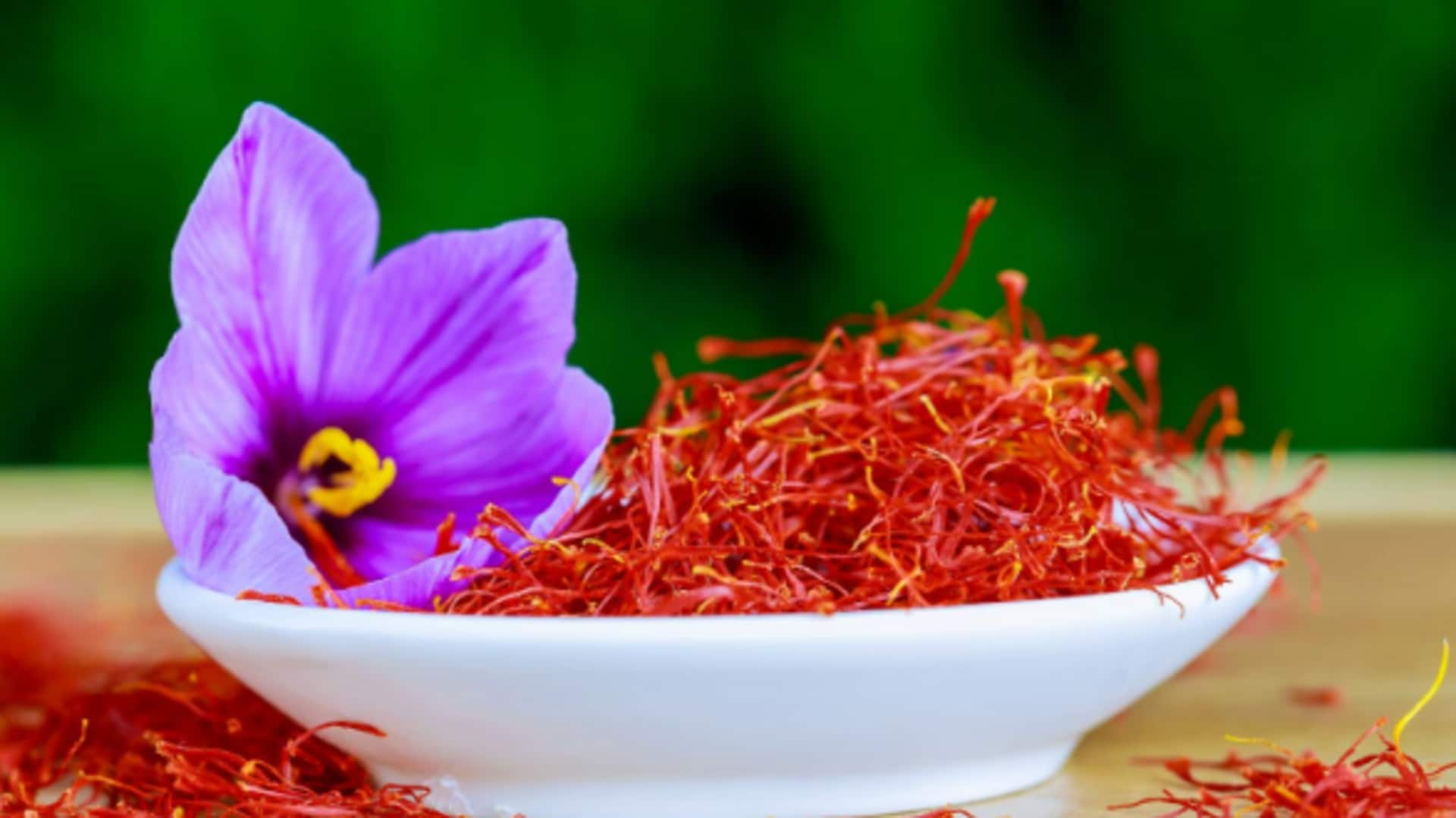Sam Roggeveen's ' The Echidna Strategy ' is a great direction for the future of Australia's role in the Indo-Pacific and its international relationships, writes Tyler Brusamarello . THE ECHIDNA – writes Roggeveen – is the oldest surviving mammal (part of the Monotremes family along with the beautiful Platypus) and is a solitary creature that poses no threat to anything (aside from its diet of ants and termites). Still, its sharp quills warn potential predators to keep their distance as the costs of attack are not likely to be worth the benefits.
Australia's geography and location in the world give a natural advantage to direct attacks from potential enemies. However, as a middle power nation located 7,000 kilometres away, it can only dream of being a direct military threat to the rising (if not already) biggest superpower nation in the region — China. While current policies, political discourses and alliances have aimed more at antagonising this superpower, Roggeveen asks the reader to take a more realistic and conservative stance.

USUKA: The hidden history of AUKUS With Scott Morrison's exit from politics, his legacy includes the very expensive and useless AUKUS deal, dubbed the 'worst deal in all history'. He urges Australia to adopt the defence mentality of an echidna by highlighting America's lack of motivation to continually compete with China in the Asia region and the unlikelihood that it would come to Australia's aid in a worst-case scenario war with China. Roggeveen also points out the extremely unlikely scenario of China both wanting and having the capability to attack Australia directly.
But he does not ignore the possibility of China becoming hostile to Australia, which he says would be likely instigated by a U.S./China war over Taiwan.
It is a very measured take and ultimately when it comes to the stability of the Indo-Pacific, Australia will have a big role to play and its decisions over the coming years will have drastic outcomes. This review comes at a good time, as the new revamped AUKUS deal and uncertainty around the potential outcomes of the U.S.
Election raise further questions about the value of Australia fully committing itself to the U.S. alliance.
Ultimately, Roggeveen argues that Australia’s strategic goals should be diplomacy and defence with its neighbours, not offence with America. Australia is not a prime target for China but should ensure it can help keep China’s expansion in check. There are going to be things outside of Australia’s direct control in the region such as Taiwan and as Paul Keating has said — it is not worth sending our troops overseas to die in a pointless war very much akin to Vietnam.
Instead, Australia’s role should be more focused on diplomacy and peacekeeping, while possessing the required military capability to deter any threat from its neighbours. As Roggeveen states at the end of the book, defending Australia from the Chinese military is relatively straightforward and not particularly difficult. But we insist on making it much harder and more expensive than it needs to be while also exposing us to additional danger in keeping the U.
S. alliance. Paul Keating lashes out at AUKUS upgrade Revisions to the AUKUS agreement that increase the U.
S. militarisation of Australia have been received scathing criticism from former PM Paul Keating. Some suggestions in the book may seem a little far-reaching with current world affairs, such as America willingly leaving the area of influence in Asia and Australia helping to establish a conservative order with the great Asian powers.
But it does ask important questions about Australia's future role in the Indo-Pacific — including an alliance with Indonesia and improving development in the Pacific Islands. Roggeveen also suggests prioritising resources into maritime and air capabilities focused on deterrence while shifting the army to focus primarily on international disaster response and peacekeeping. Finally, there are also opportunity costs to consider of the expensive military technologies outlined in the AUKUS deal compared to cheaper methods that would accomplish similar goals while moving away from its alliance with the U.
S. to pursue other alliances. Ultimately, Roggeveen reminds us that Australia does not have the same strategic interests as the U.
S. and needs to remember that its future opportunities and allegiances lie in the Indo-Pacific, and not in the Atlantic. The Echidna Strategy: Australia’s Search for Power and Peace, by Sam Roggeveen, is published by Black Inc Books .
This book was reviewed by an IA Book Club member. If you would like to receive free high-quality books and have your review published on IA, subscribe to receive your complimentary IA Book Club membership. This work is licensed under a Creative Commons Attribution-NonCommercial-NoDerivs 3.
0 Australia License Support independent journalism Subscribe to IA. DEFENCE WAR The Echidna Strategy: Australia’s Search for Power and Peace The Echidna Strategy Sam Roggeveen AUKUS Paul Keating China United States National Security Taiwan Share Article.



















